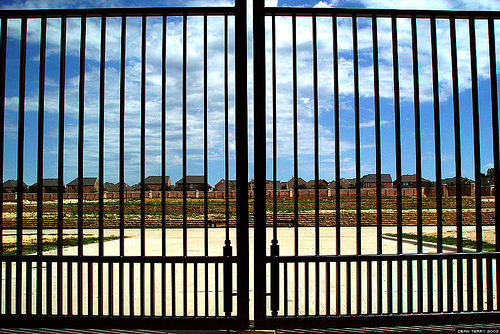Week 2: New media’s rise has coincided with the rise of digital media, but the two are not interchangeable. What distinguishes new media is largely that it is free from the regulations of established mediums, therefore making it much more open and egalitarian, which in turn makes new media particularly attractive to marginalized groups.
Week 3: Each medium distinctly shapes any and all media produced in its form. The notion of “the medium is the message” addresses the idea that how a tale is told can be just as important as what is being conveyed. I believe the case is more so “in the medium, there is message” rather than the medium being the only point worth noting.
Week 4: Though Google has had a long history of posturing itself favorably to customers through campaigns such as “Don’t Be Evil,” Google is ultimately competing in the same capitalist economy that values financial success to the utmost. As such, wariness should consistently be exercised, especially in what one decides to share with Google.
Week 6: YouTube in some ways can be seen as the darling of Internet bootstrapping. If your content is consistently attracting attention, you can make a living. However, YouTubers still ultimately have to comply to the Google overlords and YouTube’s revenue system is based on intrusive, sometimes predatory ads that do not bode well with the average viewer.
Week 7: In Amazon exists a prototypical beast with a million arms, with specific single arms capable of pushing aside whole industries. And it continues to grow with no end in sight. Ultimately, nothing short of government regulation has been capable of stopping the monstrous platform from invading into every part of daily life, and now us UMass students are finding ourselves being pulled in even closer in its grasp.
Week 8: Neoliberalism promotes a lackadaisical, non-interactive world community and such a culture may very well have its benefits in economic sectors but I believe that there’s much potential for societal harm.
Week 9: The desire to play a computer game for recreation is not overwhelming favored by one gender over the other, as research has shown. With this in mind, it seems as if the mainstream developers are lagging behind the times by limiting the spectrum of character representation in their works.
Week 11: The web series is definitively a feature of new media but what I believe makes it one of the most fascinating is that it most closely resembles its old media cousins.










